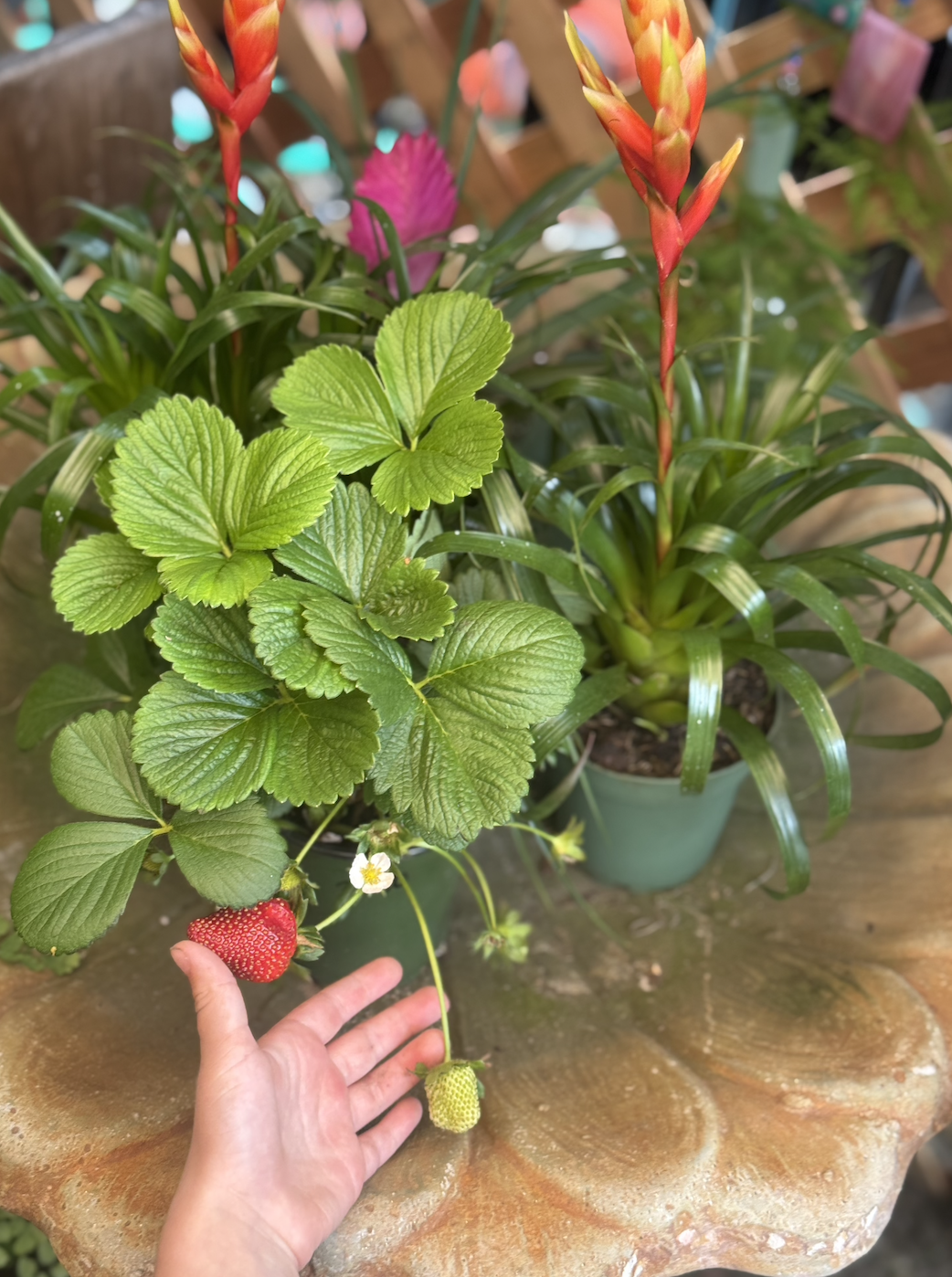Cultivating Self-Compassion: A Journey of Kindness, Connection & Courage
By: Courtney G. Clifford
For some time, I resisted self-compassion. It felt selfish—like loving myself would mean taking away empathy from others. But I’ve since learned that treating myself with kindness doesn’t lessen my love for others—it expands it. And instilling self-compassion in my children has become one of my most cherished parenting goals. If we all practiced more compassion toward ourselves, the world would surely be a gentler place. Let’s explore how to cultivate this beautiful trait.
1. What Self-Compassion Really Is
Dr. Kristin Neff—an associate professor at UT Austin and pioneer in this field—identifies three core components of self-compassion:
Self‑kindness vs. self‑judgment: offering understanding rather than harsh criticism
Common humanity vs. isolation: recognizing that suffering is a universal human experience
Mindfulness vs. over-identification: observing pain with balance without suppressing or ruminating mountsinai.org+2reddit.com+2reddit.com+2greatergood.berkeley.edu+15pmc.ncbi.nlm.nih.gov+15fr.wikipedia.org+15
Neff’s research shows that self-compassion is linked to greater emotional resilience, motivation for change, and psychological well-being—without the fragility sometimes seen in high self-esteem .
2. Why I Struggled—And Why It Matters
For me, self-compassion once felt like a luxury I couldn’t afford. I believed that being kind to myself meant being less available to others. But when I finally practiced it, I discovered something different: self-compassion is deeply additive. Neff eloquently states:
“We only have five units of compassion. So if you give three to yourself, you're only gonna have two left… doesn’t work that way … the more you give yourself, the more you have available to give to others.” mountsinai.org
“The Lord is merciful and gracious, slow to anger and abounding in faithful love. He will not always accuse or remain angry forever.
He has not punished us as our sins deserve or repaid us as our wrongs deserve. For as high as the sky is above the earth, so great is his faithful love toward those who honor him. As a father shows compassion to his children, so the Lord shows compassion to those who honor him.” - Psalm 103:8-13
This passage reminds us of God’s deep compassion toward us, which can inspire us to show similar compassion to ourselves.
That revelation shifted everything. Newfound patience and resilience spilled over into my interactions with my children, family, friends, and my community.
3. The Science of Kindness: Scholarly Foundations
Neff (2003) defined and validated self-compassion through her Self-Compassion Scale. Studies show higher self-compassion predicts lower anxiety, depression, and self-criticism—and higher happiness, optimism, and wisdom reddit.com+15pmc.ncbi.nlm.nih.gov+15mountsinai.org+15.
In a developmental study, Neff found that self-compassion among adolescents is fostered by secure caregiving, harmonious family life, and feeling connected—suggesting it’s something we can nurture in our children .
Mindfulness and self-compassion work hand-in-hand: increased mindfulness strengthens self-compassion, which then enhances emotional well-being—especially helpful for young people navigating life’s ups and downs pmc.ncbi.nlm.nih.gov.
4. A Loving-Kindness Meditation You Can Try
Create space for compassion with this simple Loving-Kindness Meditation by Kristen Neff. Just 5–10 minutes can:
Soothe self-judgment
Foster warmth and self-care
Anchor compassion in your body and mind
You can download the audio directly here:
Self‑Compassion/Loving‑Kindness Meditation pmc.ncbi.nlm.nih.gov+15self-compassion.org+15lhorowitz.com+15reddit.com+5self-compassion.org+5en.wikipedia.org+5reddit.com+2en.wikipedia.org+2self-compassion.org+2lhorowitz.com
(Note: If you're reading, visualize this instead—words can guide you too!)
My children and I enjoy this very calm self compassion guided meditation by Memorial Herman as well:
5. Steps to Cultivate Daily Self-Compassion
Step 1: Notice Self-Criticism
Become aware when you’re judging yourself. Name the inner dialogue like: “That voice sounds harsh.”
Step 2: Respond with Self-Kindness
Shift mentally or physically: place a hand on your heart and say aloud or silently, “May I be kind to myself.”
Step 3: Connect Through Common Humanity
Remind yourself that struggling is part of being human, “I am not alone in this.” And I always remind myself that, “I am divinely held.”
Step 4: Practice Mindfulness
Gently observe your thoughts and feelings without labeling them “good” or “bad.”
Do these steps informally whenever needed, or try a Self-Compassion Break—a formal 5-minute pause practice by Neff self-compassion.org+3verywellmind.com+3self-compassion.org+3.
6. Sharing Compassion With Your Children
A parent’s self-compassion is the groundwork for raising compassionate kids. Research suggests when children experience secure, supportive environments, they’re more likely to develop self-compassion themselves .
Model self-kindness: Say, “This was tough. I’m going to be gentle with myself,” aloud—your kids hear and learn.
Practice together: Guide them through a short Loving-Kindness exercise.
Reframe struggles: When they fail or fall, emphasize “common humanity”: “Everyone messes up sometimes.”
These small actions lay the foundation for lifelong emotional health and connection.
7. Why the World Needs More Self-Compassion
Imagine if more people approached themselves with kindness. We’d likely see:
Less shame, blame, and scapegoating
Healthier empathy and fewer conflicts
Stronger resilience in challenges
Self-compassion builds internal compassion that spills outward. As Neff emphasizes, the more we give ourselves, the more we can give others—because compassion isn’t a finite resource self-compassion.org.
8. My Invitation to You
Let’s make self-compassion a part of our daily lives—for ourselves, our children, our world. Here’s a simple weekly plan to begin:
Daily: Start with a Self-Compassion Break or Affectionate Breathing (just 5 minutes).
A few times/week: Do the Loving-Kindness Meditation via Neff’s audio link.
Reflect: Notice any changes in your mood, patience, and interactions with kids.
Teach your children: Invite them to practice with you, even briefly.
Journal: Write about moments when you judged yourself—and how you responded with kindness instead.
With regular practice, you’ll begin to notice shifts: self-doubt softens, confidence blossoms, and compassion becomes your default.
🌼 Final Thoughts
Self-compassion isn’t selfish; it’s essential. It fuels growth, helps us connect deeply with ourselves and others, and builds a kinder future. Start small and consistent. Remember: what you teach yourself, you teach your children. What you embody, the world reflects.
Let’s begin—heart first.
References
Neff, K. D. (2003). The development and validation of a scale to measure self‑compassion. Self and Identity, 2(3), 223–250. https://doi.org/
Neff, K. D., & Vonk, R. (2009). Self‑compassion versus global self-esteem: differences in associations with self-conscious emotions, shame and problematic patterns of perfectionism. Journal of Social and Clinical Psychology, 28(1), 47–74.
Neff, K. D., & McGehee, P. (2010). Self‑compassion and psychological resilience among adolescents. Self and Identity, 9(3), 225–240.
Neff, K. D., & Germer, C. K. (2012). A pilot study and randomized controlled trial of the Mindful Self‑Compassion program. Journal of Clinical Psychology, 69(1), 28–44.



